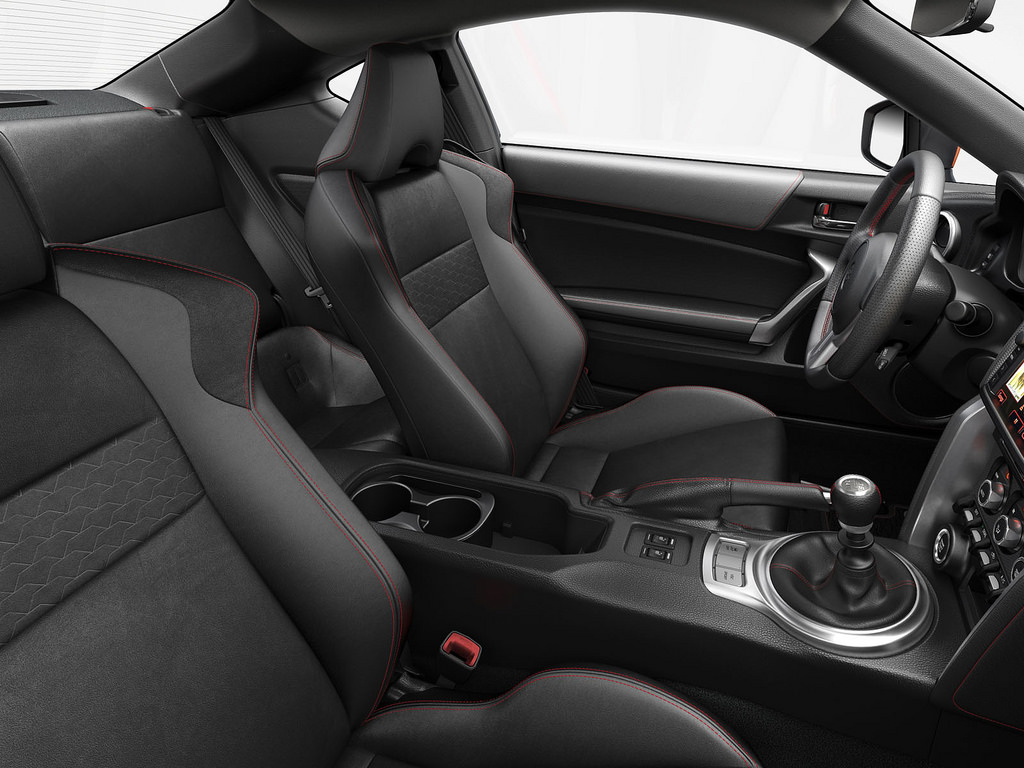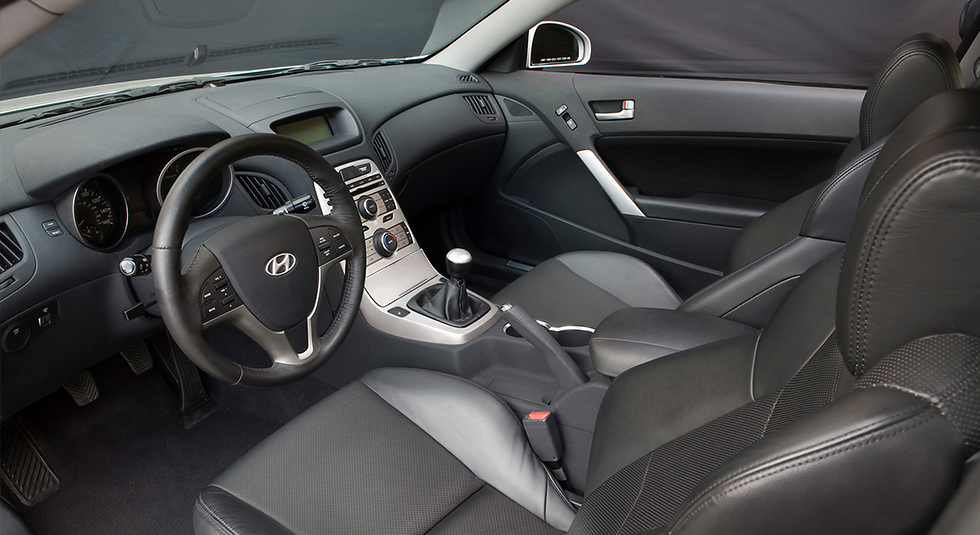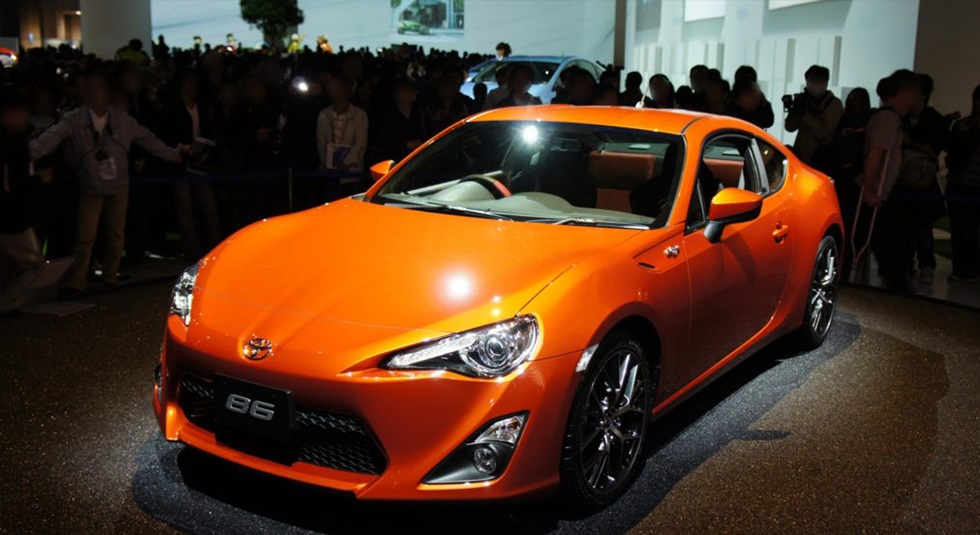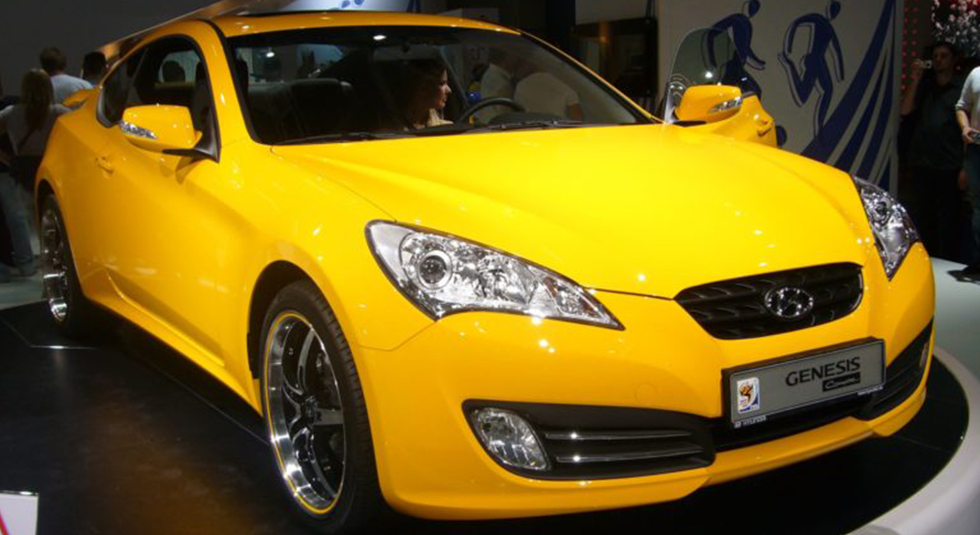
In the Philippines, sports cars are rarely seen on the roads because the country is a place where traffic is a common occurrence. But you cannot deny the fact that when you own a sports car, the stares and reactions you get makes you feel really good. That’s why car brands, which are available in the country, still offer variations of sports cars to cater to the few that are willing to purchase one, particularly those who consider themselves as sports car lovers.
Basically, there are two cars leading the best affordable sports car in the country: the Toyota 86 and the Hyundai Genesis Coupe. These two are the most common sports car you’ll see on Manila roads, simply because of their affordability. When compared to other sports car brands like Ferrari, Lamborghini, or Maserati, the Toyota 86 and the Hyundai Genesis Coupe are significantly cheaper.
Furthermore, it is a fact that both the Toyota and the Hyundai automotive manufacturers have established their brands really well in the Philippines. Both these brands have dedicated auto parts suppliers in the local scene, which means that whenever you need a part for your car, it’ll be automatically available. There would be no need for you to wait a couple of months for the parts to be shipped from other countries.
Both the Toyota 86 and the Hyundai Genesis Coupe are perfect for the people, who not only want performance but also affordability. After all, who doesn’t want to have a sports car and not pay the price of one? Moreover, purchasing either of these cars mean that you are bound to get the attention of others. And even though they aren’t exactly famous European brands, they can still turn heads, which can make anyone feel really good about their car purchase.
Interior

Toyota 86 Interior

Hyundai Genesis Coupe 2009 Interior
The interior of every car—but most especially sports cars—is just as important as its exterior.
For the Toyota 86, it features a steering wheel full of multi-functional buttons that can control the panel board and synced with the Kenwood infotainment system, which can connect to your phone (to the point of mirroring it). Also, most of the interior has been painted black with accents of red stitching, which really creates a premium and elegant impression inside the car.
For the Genesis, it has large rear windows, side windows, and a variant that offers a sunroof. All these features make it one of the least claustrophobia-inducing sports cars in the market. Comfort is a huge factor to this car. It has top-notch ergonomics coupled with a black interior with bits of stitching that makes it really classy. The leg space is ample for full-sized adults, although the headroom is a bit tight.
Engine
Engine is an important factor in choosing a sports car. Here’s what you need to know about the Toyota 86 and the Hyundai Genesis Coupe’s engines:
For the Toyota 86, it uses the Toyota/Subaru horizontally-opposed four cylinder engine, which produces 200 horsepower and over 205 Nm of torque that produces a nice and loud tone that makes it sound badass. With the engine’s capability, the Toyota 86 still feels good when driven in a city-traffic scene or in a long-distance trip. Although, do take note that this car will release its full capabilities when driven in high speeds and on clear roads.
The Hyundai Genesis, on the other hand, has a 2.0 liter V6 engine. The 3800 RS engine produces a sound at every step on the pedal. For the eight-speed automatic variant, it makes the Genesis’ driving experience as smooth as possible. Paddle shifters come along with the automatic variant, which makes shifting for either a downhill or uphill drive a much easier experience.
Fuel Economy
Always remember: these are sports cars, don’t be surprised when you see an astounding miles per gallon results. Since these cars offer performance, they need a source of power that keeps their performance in top-notch shape.
For the Toyota 86, it uses 21 mile per gallon in the city, 28 in the highway, and a 24 mpg average. But with the automatic variant, the number may go up considerably. It uses 24 miles per gallon in the city, 32 in the highway, and 27 for average, which makes the automatic variant a better choice.
For the Genesis rear wheel drive, it uses 18 miles per gallon in the city and 29 miles per gallon in the highway. With the all-wheel drive variant, it uses 16 miles per gallon in the city and 25 miles per gallon in the highway.
As long as you choose the right variant, you’ll considerably be having a better fuel consumption rate.
Extra Components
Extra components and features of the car may make or break it for you. Here are some of the features you need to know about the Toyota 86 and the Hyundai Genesis Coupe:
The Toyota 86 has a 4.2 inch multi-information display, which replaces the analogue fuel and temperature gauges. The most unique feature, however, is the G-force meter that can only be found in a small number of cars. Another feature that you will find impressive is the Kenwood infotainment system, which was already mentioned above.
Meanwhile, even though the Genesis didn’t have any extra components that the Toyota 86 has, it still managed to become quite striking with its sensors (that can help you with blind spots and with parking), quality stereo system, and a gauge that shows torque, acceleration, and oil temperature.

Toyota 86

Hyundai Genesis Coupe 2009
The Verdict
If at first sight you think that both the Toyota 86 and the Hyundai Genesis Coupe are evenly matched, then you’re most probably wrong. Why? Because with enough on-hand experience and attention to detail, you’ll notice that the Toyota 86 is a lot better when compared to the Hyundai Genesis.
The difference in engine power is minimal to the point that you need to focus to notice the contrast between their power outputs; that’s why even though the Genesis has a much higher power capability, it can’t perform its best on Philippine roads.
For the fuel consumption, the Toyota 86 wins by a landslide. Its infotainment system is just miles ahead of its competition. Plus, the inside system in the Toyota 86 managed to keep up with modern technology—a feat that was not accomplished by the Hyundai Genesis.
Contact us
Whether you're interested or would like to clarify more details, we're here to hear your thoughts out.
